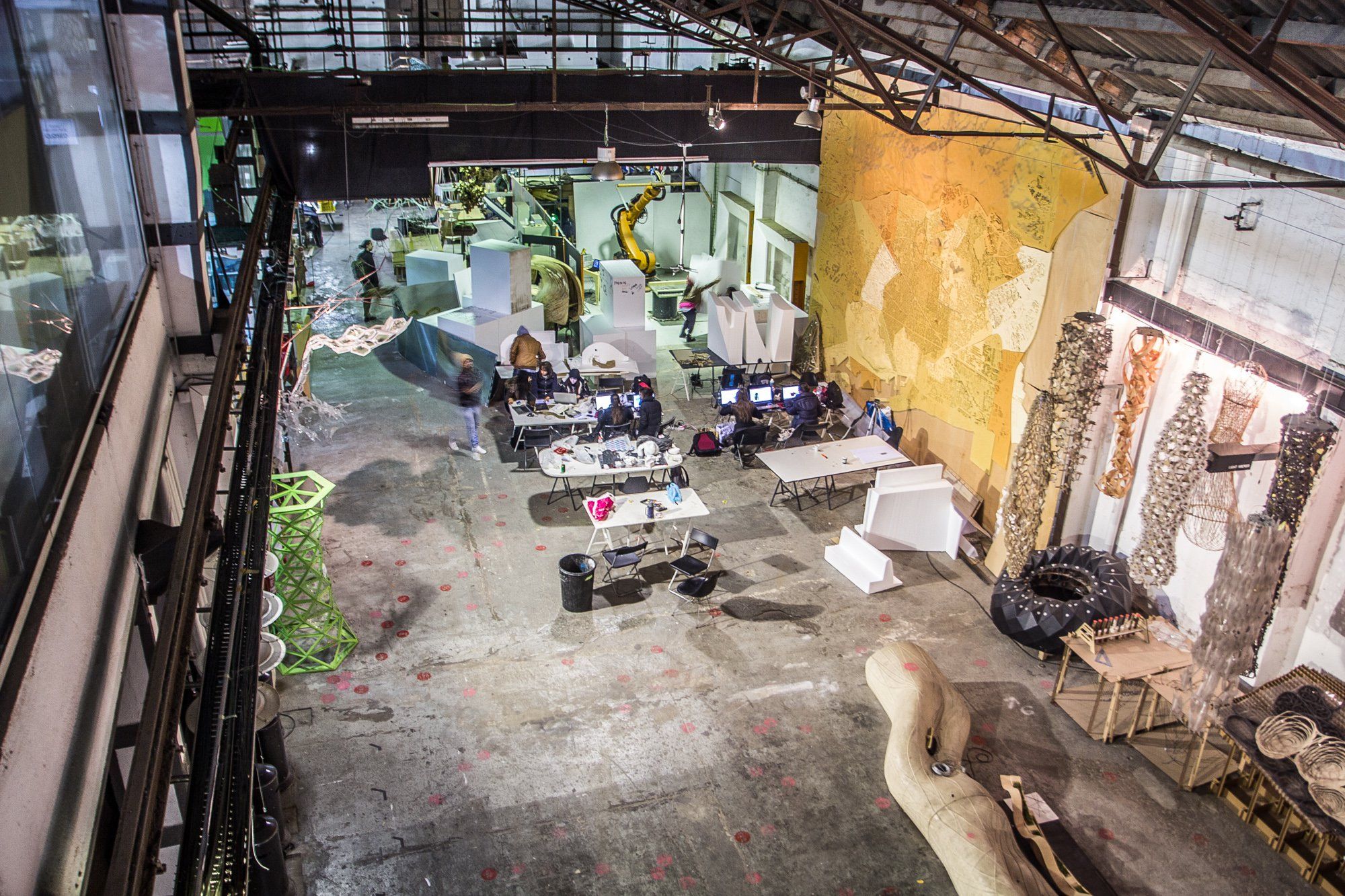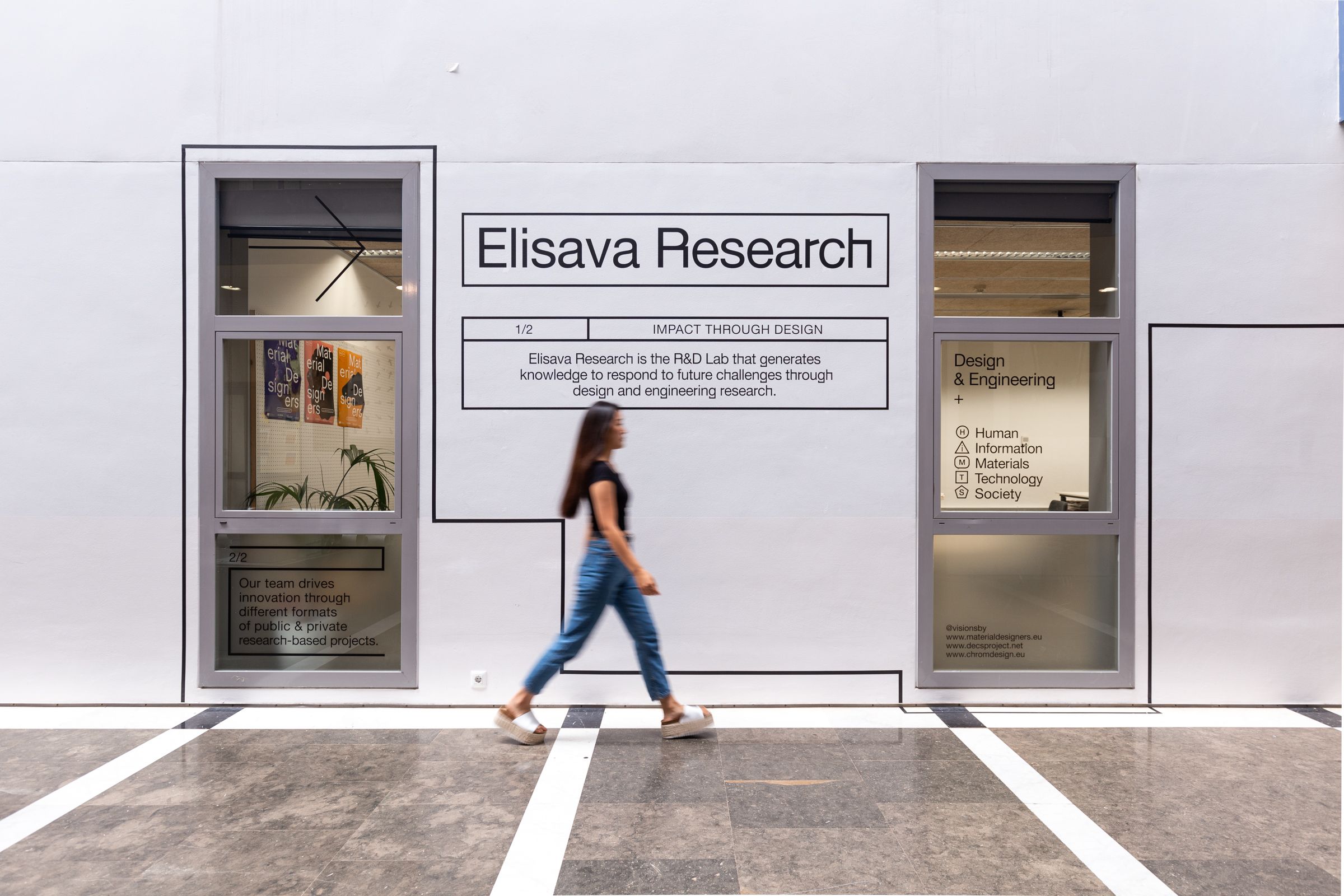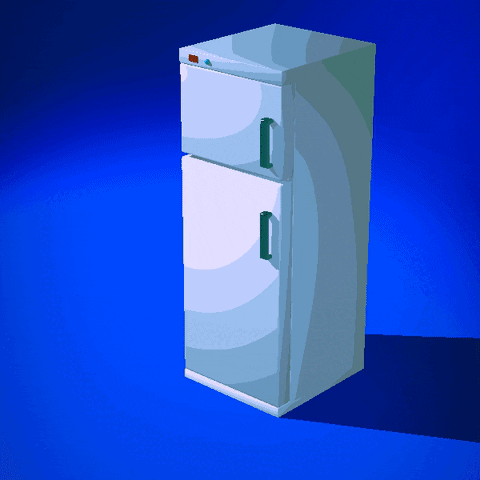


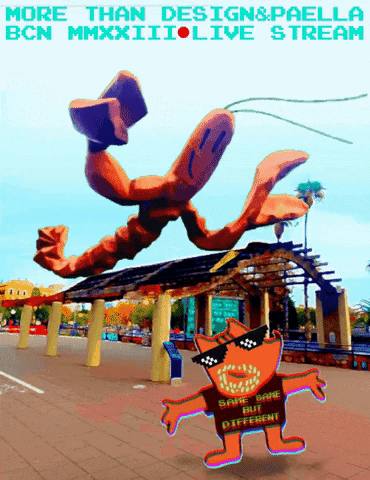
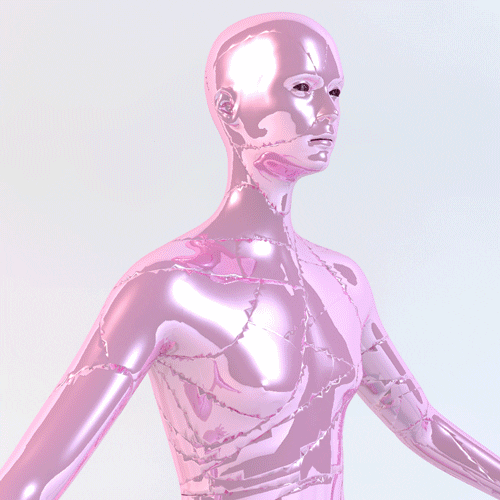

Master in Design for Emergent Futures
Welcome human or not!\
The Design for Emergent Futures Approach
The Master in Design for Emergent Futures is both a theoretical and practical Master. It evolves the practice of design beyond objects, aesthetics, form finding and pure speculation through a unique hands-on-learning approach. Our method uses practical design processes to investigate complex systemic problems and proposes city-scale interventions to approach large-scale challenges.
Multiscalar design strategy
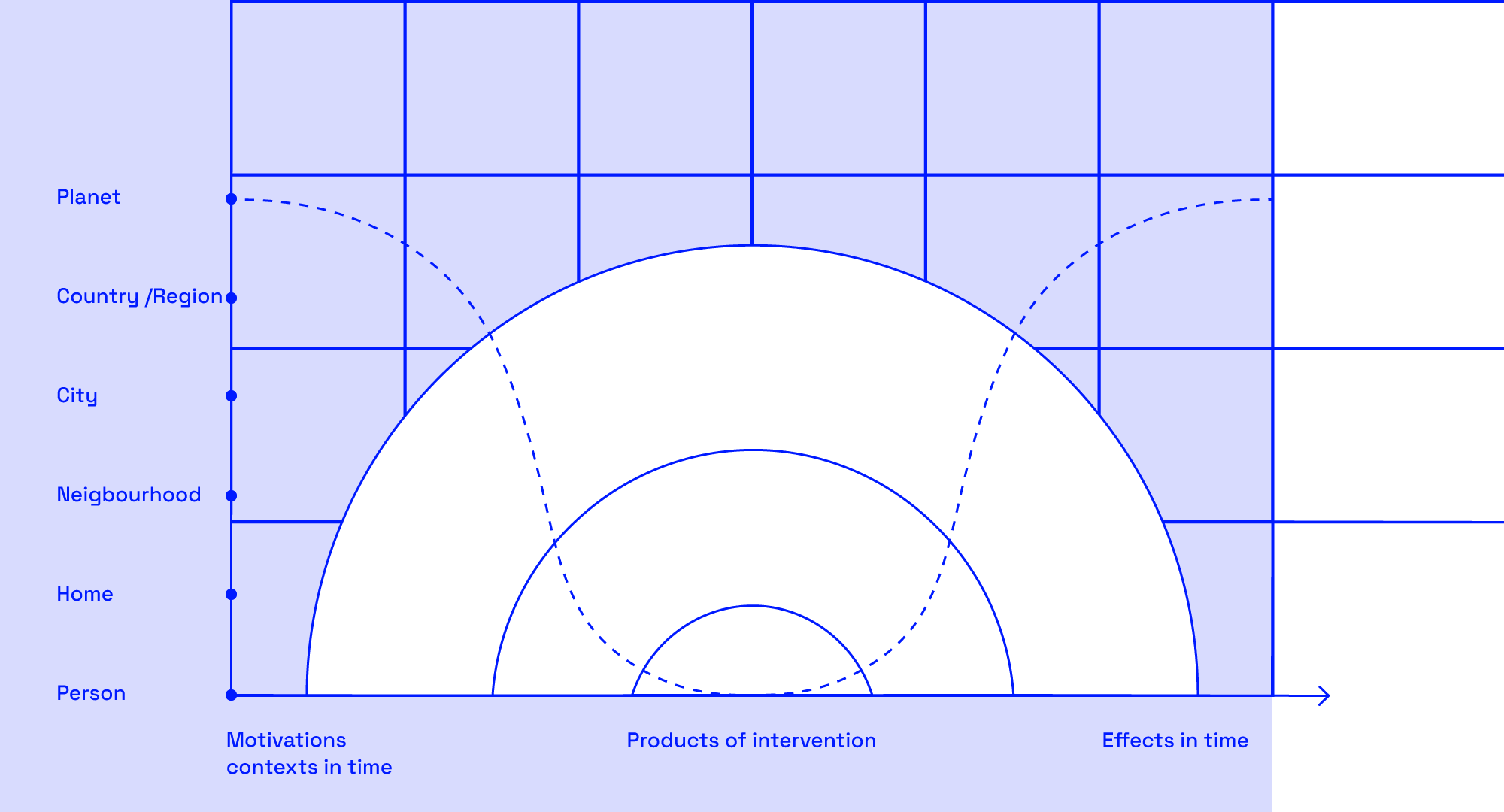
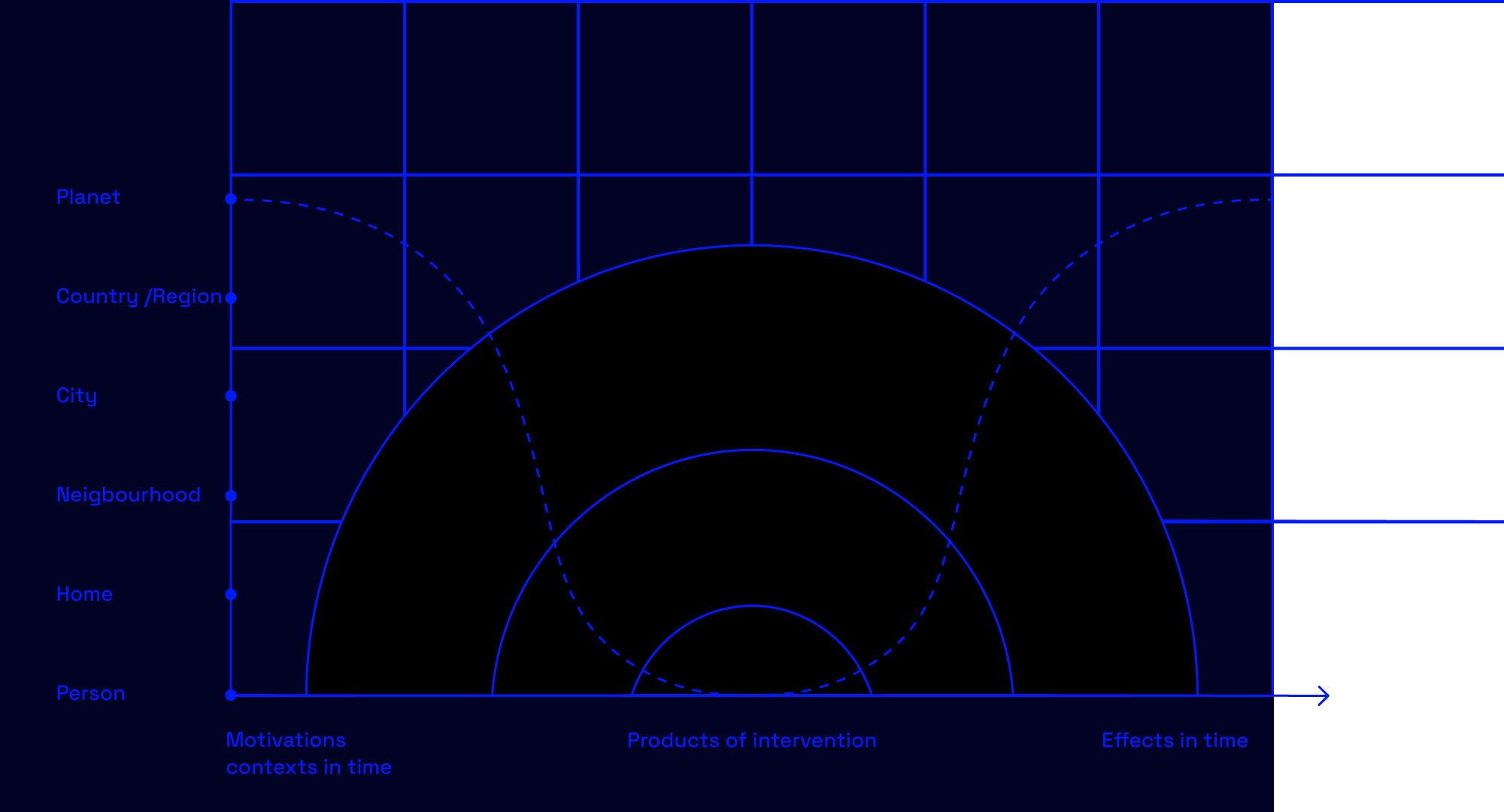
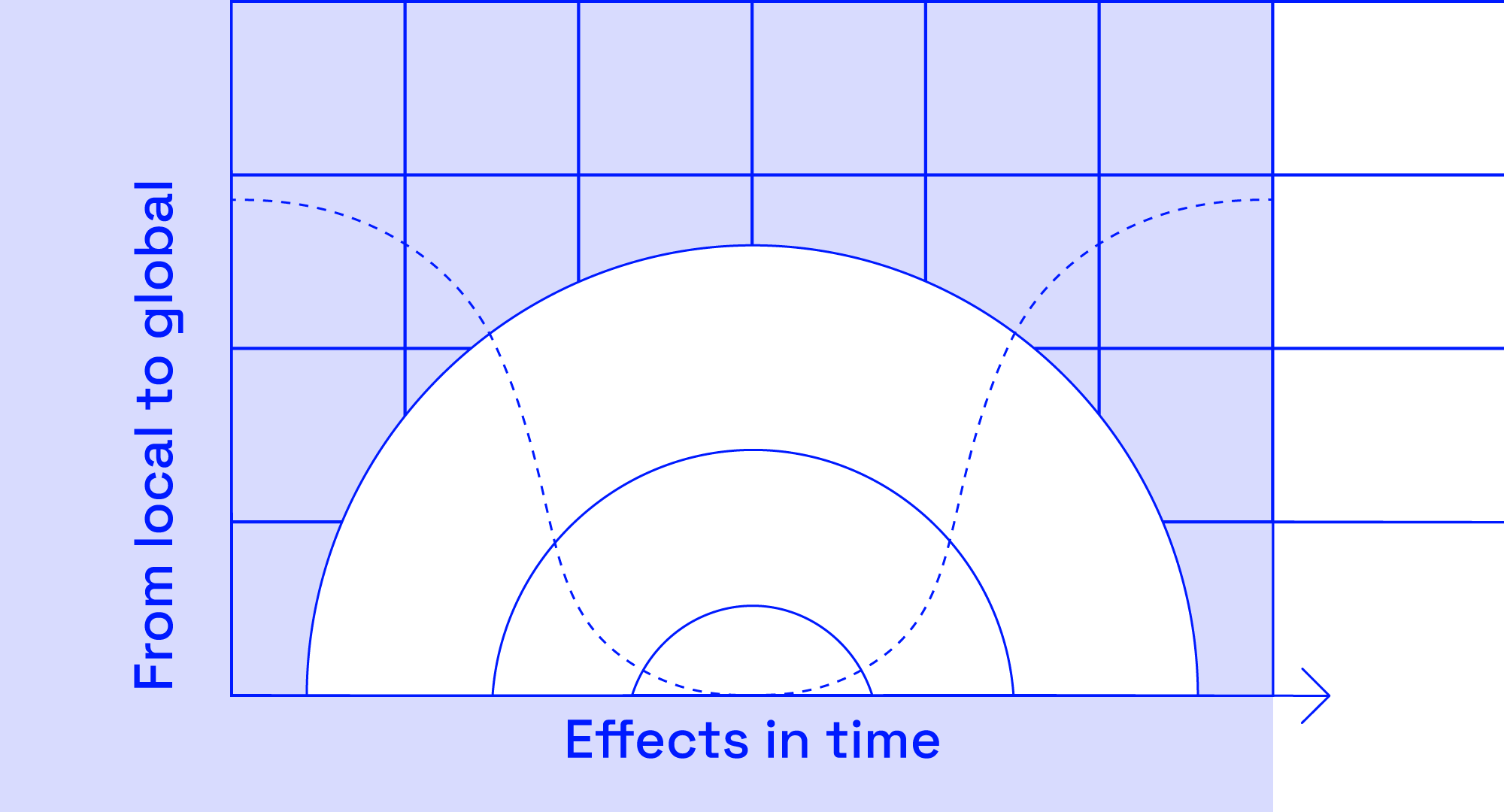
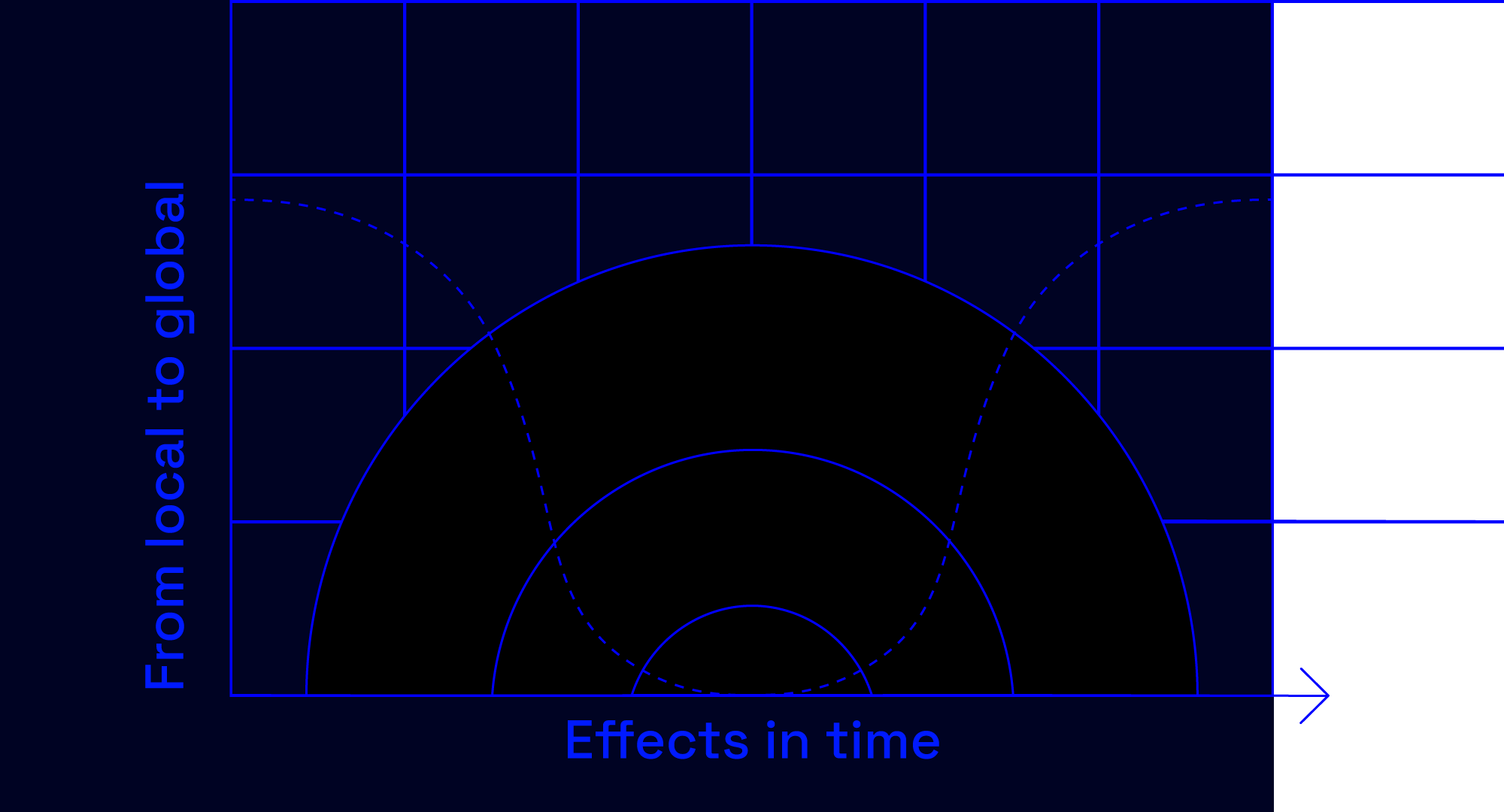
Highlighted Projects

AQUÍ collaborates with local residents and associations to create an equitable sustainable and healthy city, through workshops and community events.
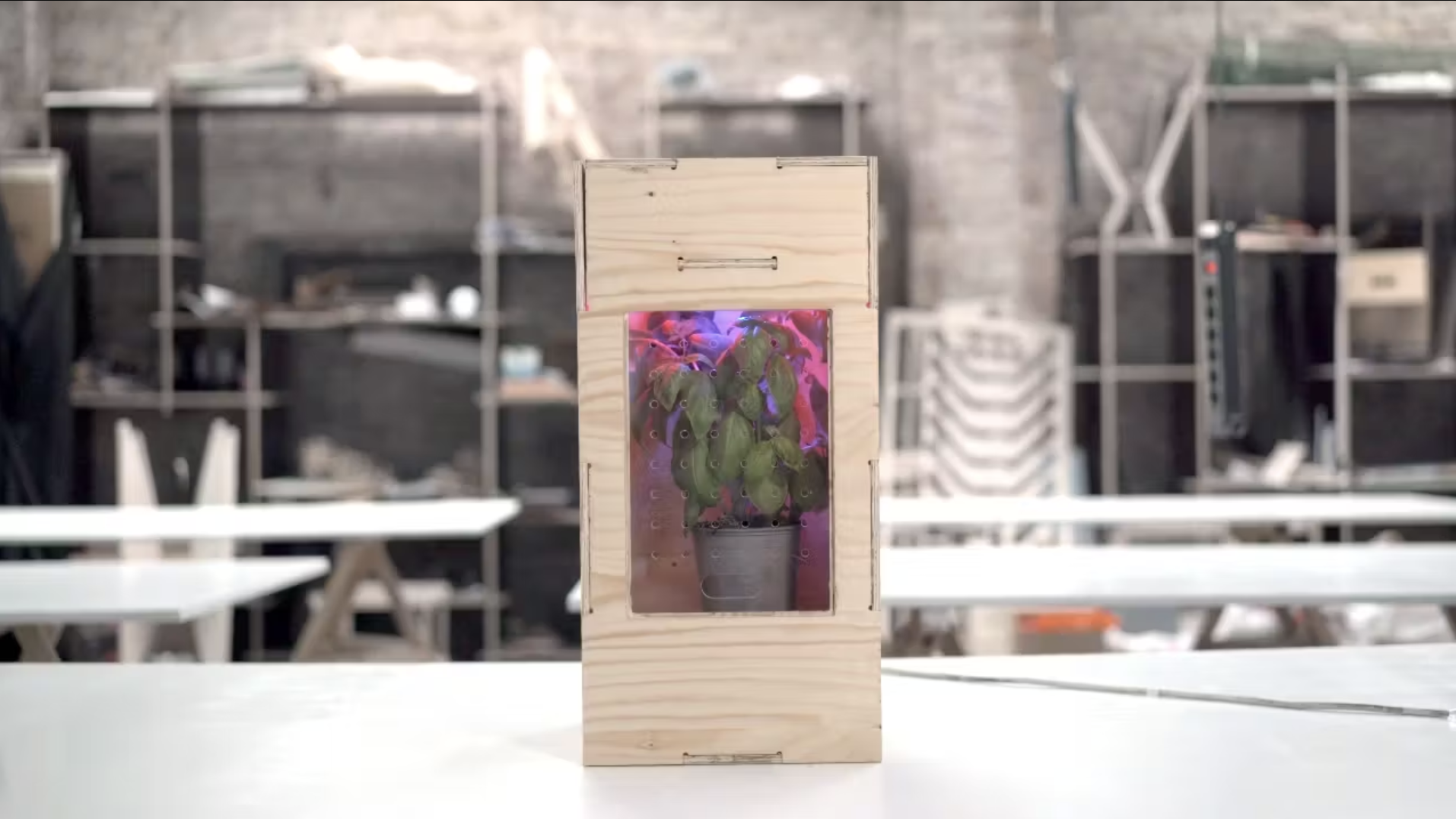
POWARSTEAM is a Planet-Centered Edu-Tech research studio based in Barcelona created in 2019, that designs workshops, methodologies and learning objects.
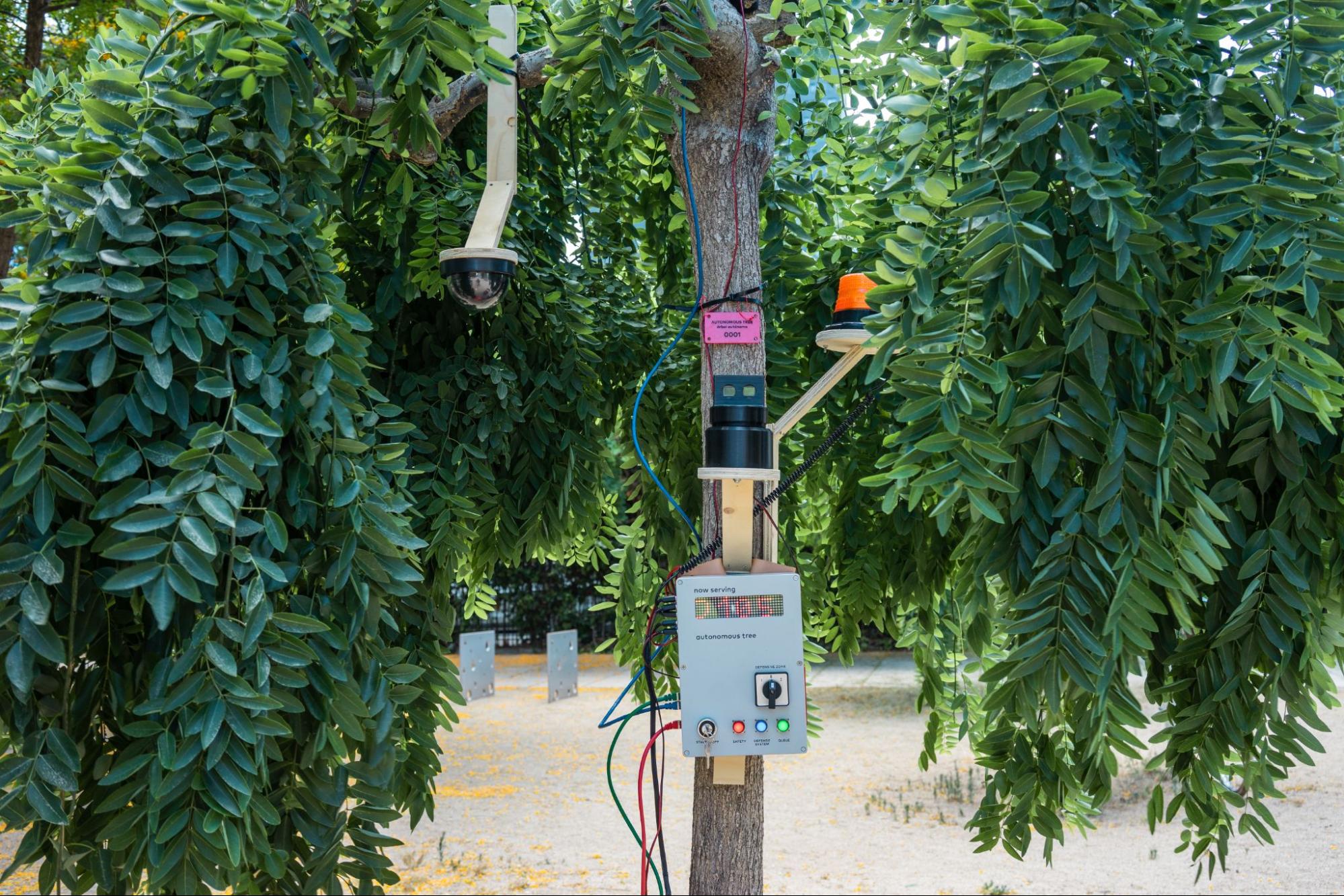
AUTONOMOUS TREE seeks to demonstrate a potential non-human authority that acts and represents on the behalf of non-human living beings.
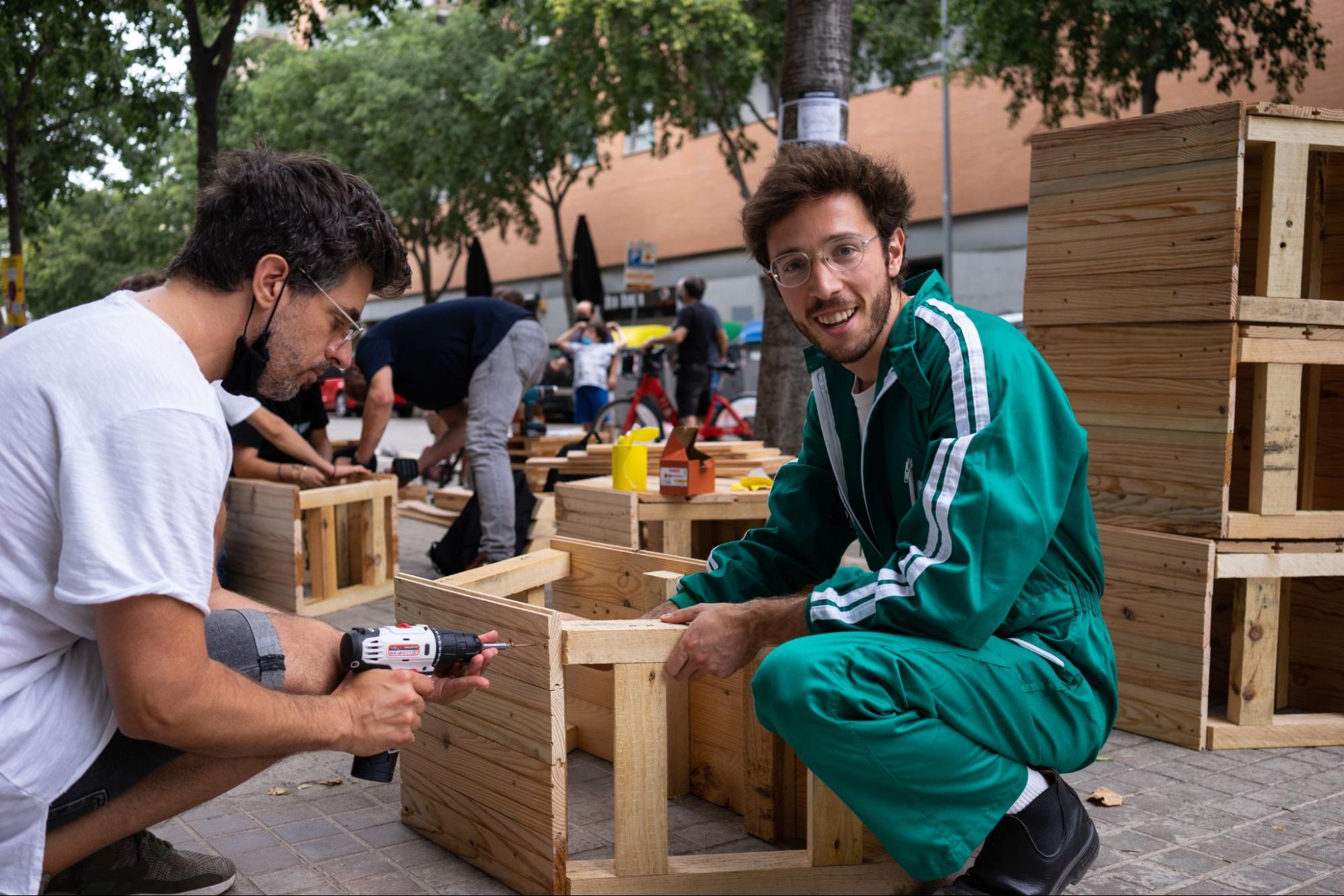
AQUÍ
Clement Rames
Participatory Placemaking
AQUÍ collaborates with local residents and associations to create an equitable sustainable and healthy city. For public space to be truly inclusive, it needs to be designed by the people. Through a series of workshops and community events, AQUÍ empowers neighbors to design their streets, grounding change in their lived experience.
AQUÍ is the fruit of a collaboration between designer Lea Karrasch and action researcher Clément Rames. It has grown to an international collective of practitioners united by the same purpose.

POWARSTEAM
Pablo Zuloaga
Distributed, low-cost agro-climate resilience
POWARSTEAM (originally FARMACADEMY) is a Planet-Centered Edu-Tech research studio based in Barcelona created in 2019, that designs workshops, methodologies and learning objects to empower people for a planet-centered future.
They are seeking the way to empower rural communities with design skills and distributed manufacturing for them to be able to create technologies that make them more resilient to climate change.
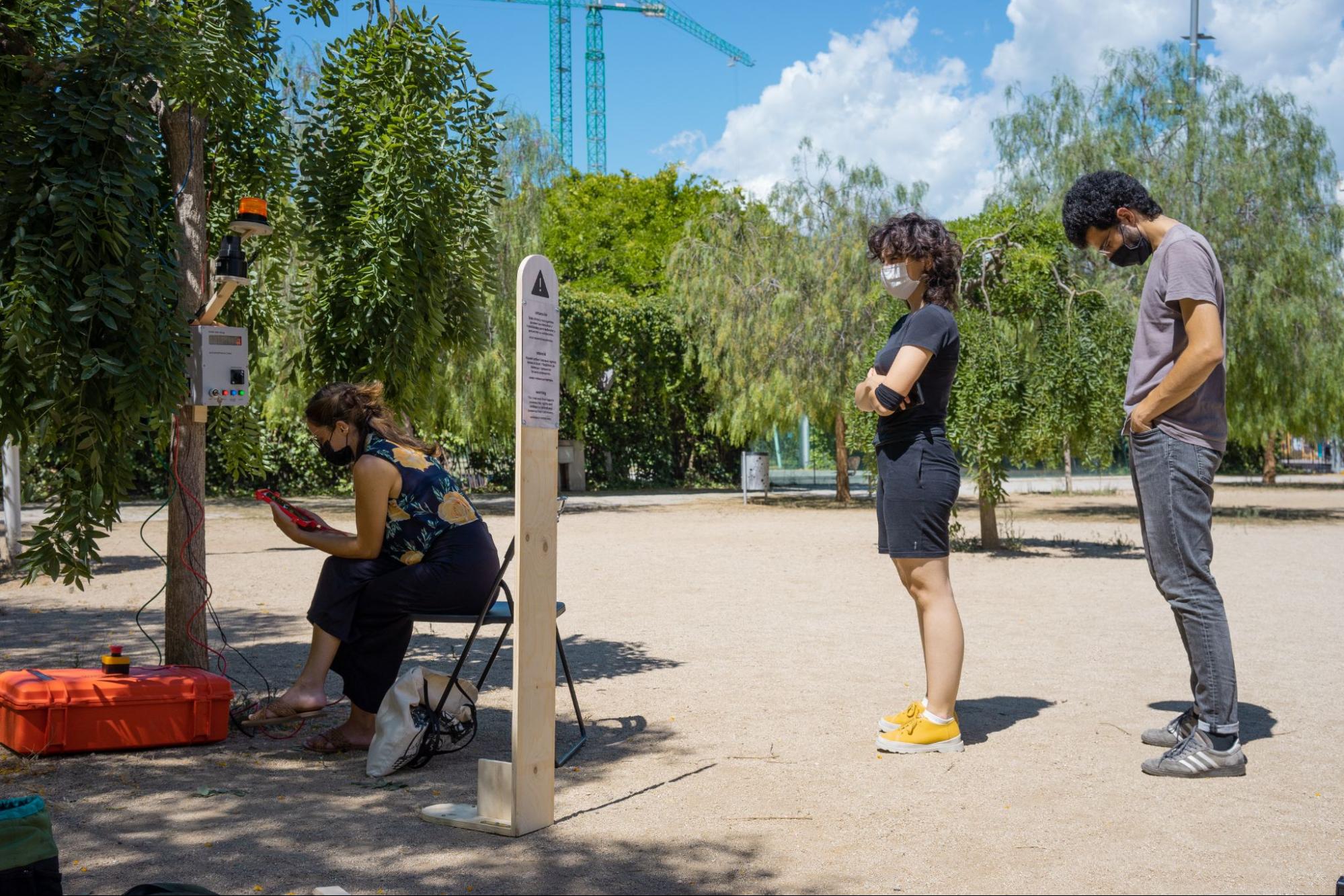
AUTONOMOUS TREE
Krzysztof Wronski
Imagining non-human authorities
AUTONOMOUS TREE is an art installation in which a tree — equipped with similar equipment and sensing technology as an autonomous vehicle — is transformed to hypothetically act and represent on the behalf of non-human living beings within established human systems of governance and discourse.
The installation seeks to demonstrate a potential non-human authority that acts and represents on the behalf of non-human living beings within established human systems of governance and discourse.
The four tracks of the MDEF program provide students with the strategic vision and tools to work at multiple scales in the real world.
The theoretical and practical content in the program recognises and explores the possibilities of disruptive technologies: digital fabrication, blockchain, synthetic biology, Artificial Intelligence among others.
Instrumentation
Students learn a modular set of maker skills and tools and how these can be used in the design process to translate their ideas into prototypes and prototypes into products. Skills include coding, digital fabrication, hardware design, synthetic biology, and computational thinking.
Exploration
Students are exposed to a set of technologies and sociocultural phenomena that have the capacity to disrupt our present understanding of society, industry and the economy. Technologies include Artificial Intelligence, Blockchain and Distributed Ledger Technologies.
Reflection
Students are supported through individual and group reflection sessions to develop their own identity and skill set, knowledge and attitude as designers. A series of presentations and visits from key professionals helps make students aware about how their thinking, making, interests and values differ from others.
Application
Students create design responses to explore their curiosities through innovation. They are encouraged to be creative and follow a culture of making where prototyping acts as a generator of knowledge and experimentation is crucial for problem solving.
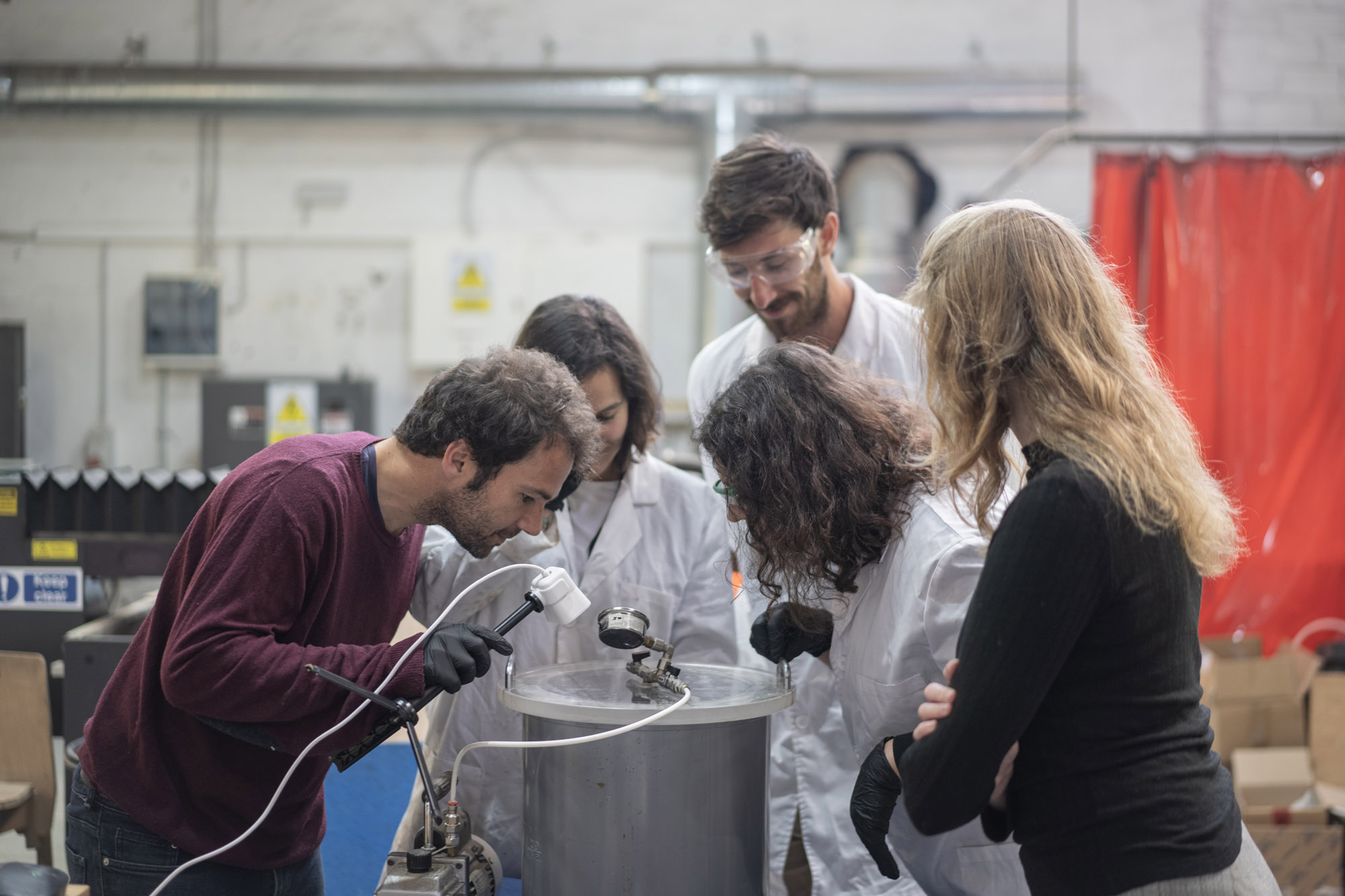
Fab Lab Barcelona
A world leader of programs for the future of education
Fab Lab Barcelona was established in 2007 by IAAC as the first Fab Lab in the European Union. Today, it is a benchmark in a network of over 2000 Fab Labs, blending emergent technologies with community-driven innovation. It is home to the Distributed Design platform, the exchange and networking hub for the European maker movement.
1/3
